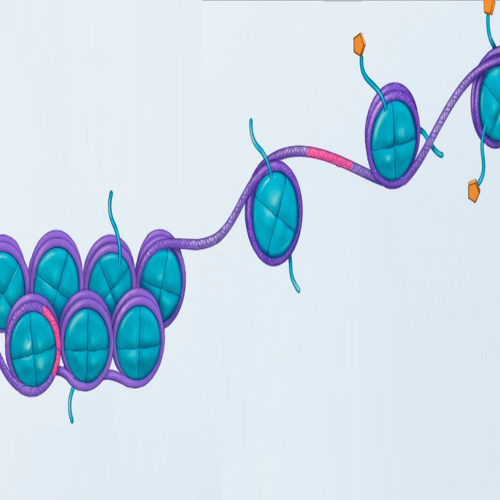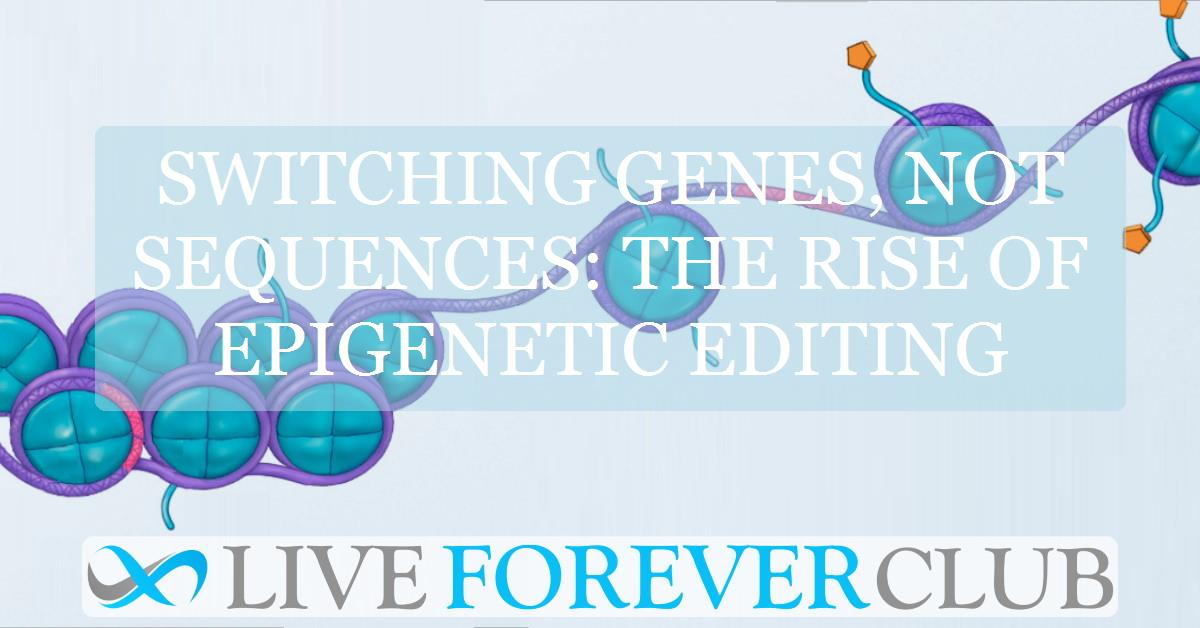Key points from article :
A revolutionary class of gene-targeting therapies known as epigenetic editors is now entering clinical trials, promising more precise, reversible control of gene activity without altering the DNA sequence itself. Unlike traditional gene editing tools such as CRISPR, which cut DNA to permanently correct mutations, epigenetic editors work by adding or removing chemical tags—like methyl or acetyl groups—to regulate how genes are expressed. This approach mimics how our cells naturally switch genes on and off and could help treat a range of conditions from viral infections to neurological disorders.
Leading this movement is Tune Therapeutics, co-founded by Duke University’s Charles Gersbach. Tune is testing a new therapy for chronic hepatitis B, using lipid nanoparticles to deliver mRNA that silences the virus by modifying its genome epigenetically. Trials have begun in New Zealand and Hong Kong. Because the changes don’t cut DNA and require repeated “hits” to affect gene activity, the approach is considered safer, with lower risks of unintended effects.
Other biotech companies are also racing to bring epigenetic editors into the clinic. nChroma Bio, a fusion of Chroma Medicine and NVelop, is preparing trials for hepatitis B and D using highly specific epigenetic targeting. Epic Bio, founded by CRISPR pioneer Lei Stanley Qi, will trial a therapy for the muscle-wasting disorder FSHD, using a smaller CasMini protein to reach muscle tissue via viral vectors. Meanwhile, Sangamo Therapeutics is focusing on neurological diseases, using zinc finger proteins to silence pain-related genes like SCN9A. It’s also developing cutting-edge delivery systems to cross the blood–brain barrier for targeting brain disorders such as inherited prion diseases.
Together, these advances mark the beginning of a new era in precision medicine—one that modulates gene function without permanently rewriting our DNA, opening up safer and more flexible treatments for complex diseases.








